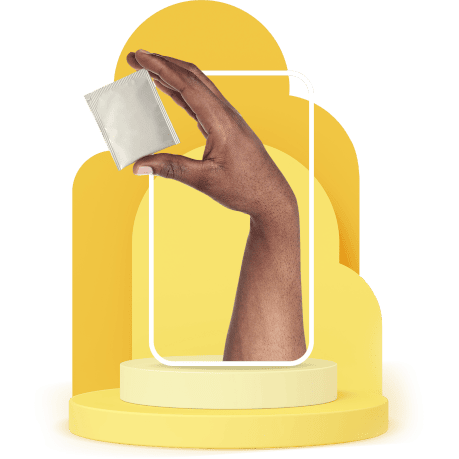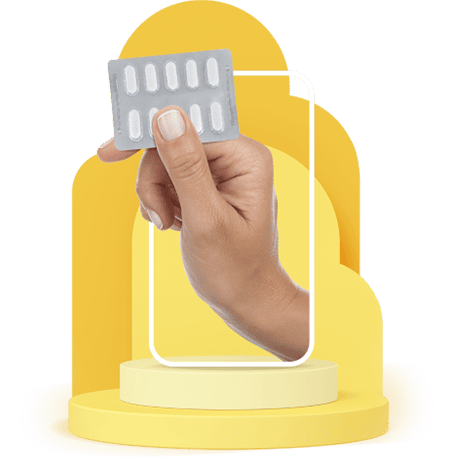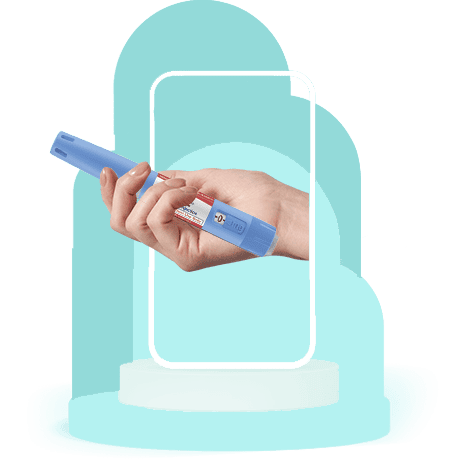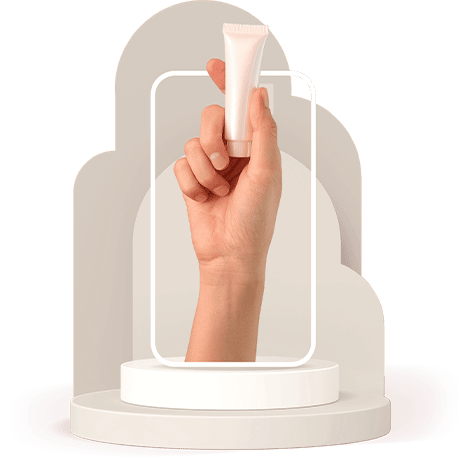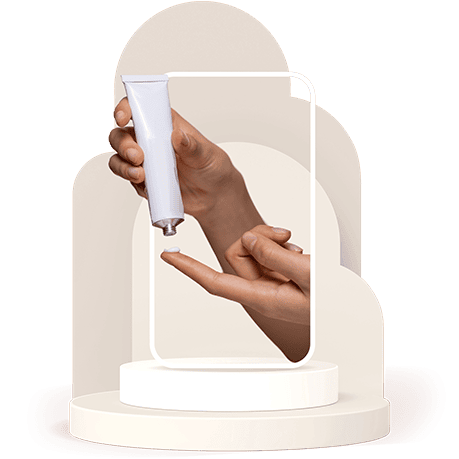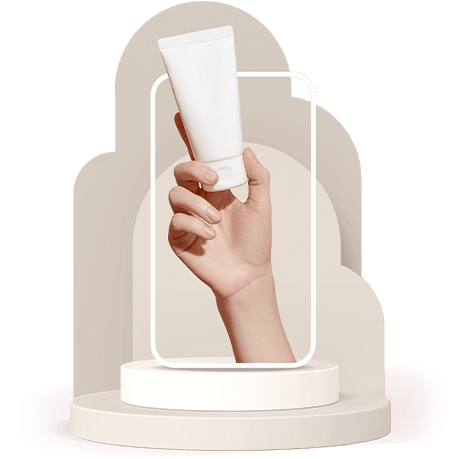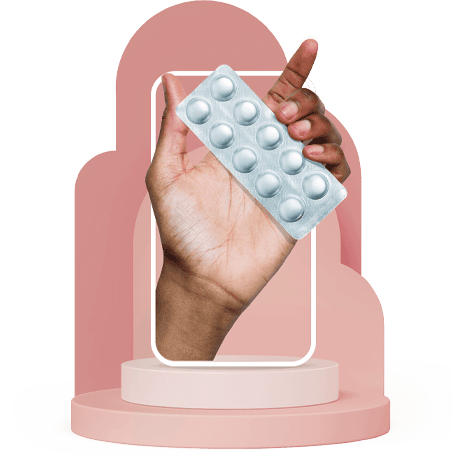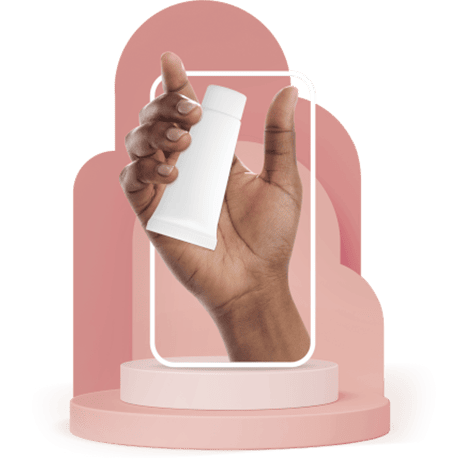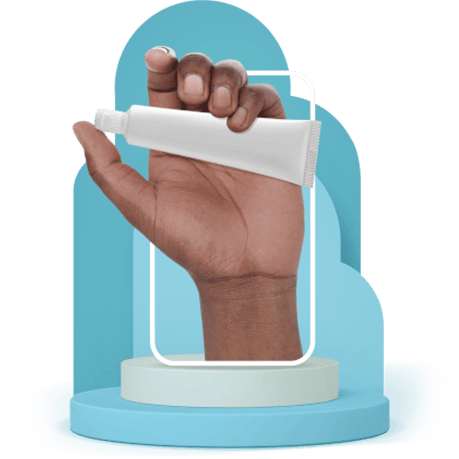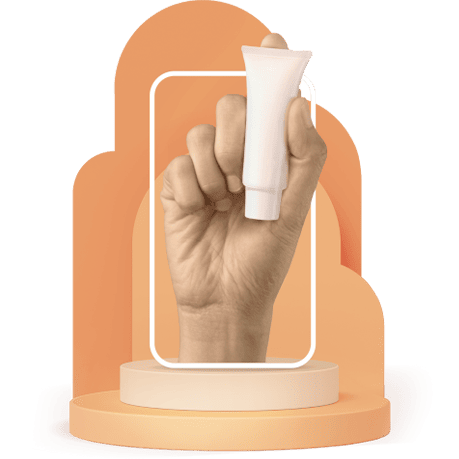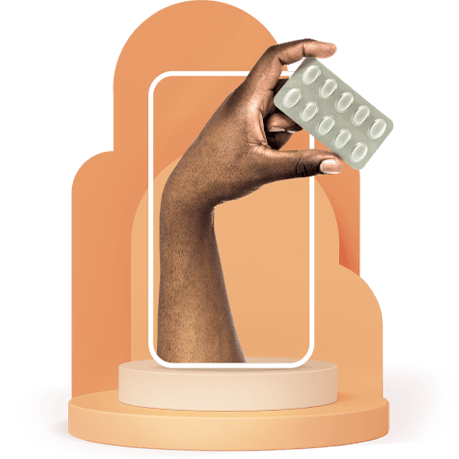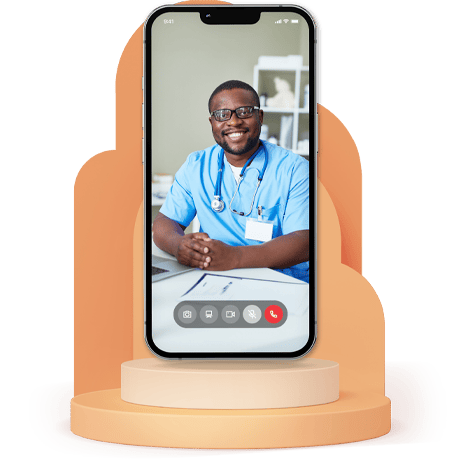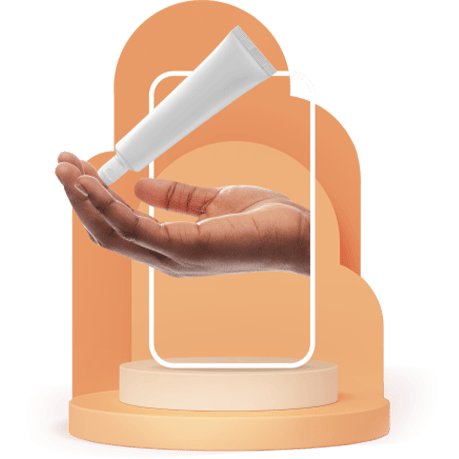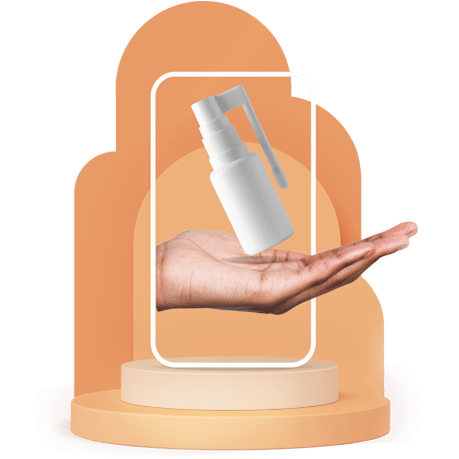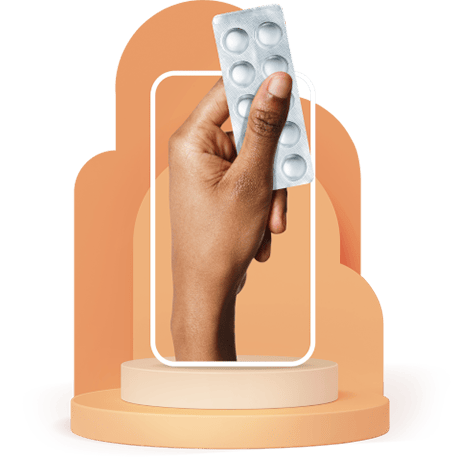What is Gonorrhea?
Gonorrhea is a STI that can infect both men and women. It’s caused by the bacterium Neisseria gonorrhoeae and can cause infections in warm, moist areas of the body such as the genitals, rectum, and throat.
How does the infection occur?
This STI is spread through bodily fluids. The most common events that cause the spread of Gonorrhea are:
- Unprotected oral, vaginal, or anal sex;
- Sharing sex toys with an infected person; or
- Close genital contact (even if there’s no penetration, orgasm, or ejaculation).
What are some common symptoms one may experience?
Symptoms usually occur within 1 – 3 weeks of exposure, although symptoms can flare up at any time after infection or not occur at all.
Symptoms of Gonorrhea may include:
- Lower abdominal pain;
- Unusual vaginal bleeding – e.g. after sex or between periods;
- Unusual discharge from your vagina – e.g. more than usual;
- Unusual discharge from your penis – e.g. white, watery;
- Painful or swollen testicles;
- Painful urination;
- Burning during urination;
- Pain when you have sex;
- Pain or discharge from your anus – indicates a Gonorrhea infection in the rectum;
- Pain in your throat – indicates a Gonorrhea infection in the throat; or
- Pain or redness in your eye – indicates a Gonorrhea infection of the eye.
|| It is estimated that 50% of women, and 10% of men will not have symptoms when they have a Gonorrhea infection. However, It is still possible to pass Gonorrhea on to others through the transmission methods mentioned above.
How is Gonorrhea treated?
It is treated with a course of antibiotics. However, it is becoming harder to treat because of the antimicrobial resistance in Gonorrhea.
| Contro’s Partner Doctors are able to assist you with obtaining the correct antibiotic treatment plan for Gonorrhea. Sign up here, book a private and affordable consultation and get your medication delivered free to your door in discreet packaging.
Do I have to finish my course of antibiotics?
Yes, you must always take and finish your course of antibiotics as prescribed by your attending doctor. If you do not, it may result in a failure to cure your Gonorrhea infection and cause your infection to become antibiotic-resistant.
When should I get treatment for Gonorrhea?
If you or your partner(s) have any of the above symptoms, your partner tells you they have Gonorrhea or another STI, or you had unprotected sex with someone new, you should either get tested or seek treatment immediately. Unless you have symptoms, it is recommended that you wait 2 weeks from the time of exposure to test for Gonorrhea as Gonorrhea can take up 2 weeks to be detected.
|| If you are pregnant or suspect you may be pregnant, and are concerned you may test positive for this STI, you should should seek immediate attention and/or advice from a medical professional. ||| If you believe you have Gonorrhea you should either get tested or seek treatment immediately from a qualified medical professional.
What if I test positive for Gonorrhea?
If you test positive, you should not engage in sexual activity (e.g. oral, vaginal, or anal sex, genital contact, or use sex toys). It’s important that your recent sexual partner(s) are also tested and treated. This includes anyone you are currently having sex with, anyone you’ve had sex with within the last 6 months, and your last sexual partner. Once you and your partner(s) have completed treatment, you can then safely resume sexual activity.
What if I don’t treat a Gonorrhea infection?
If left untreated and unattended to, this STI has the ability to cause long-term health complications such as:
- Pelvic inflammatory disease;
- Fertility problems; or
- Arthritis.
For any further information related to Gonorrhea please book a consultation with one of our Partner Doctors who will be able to assist you further. For all non-medical queries you’re welcome to contact us through our chat service or at support@contro.co.za between the hours of 9:00 to 18:00 Monday to Friday. Otherwise leave us a message and we’ll get back to you as soon as possible.



